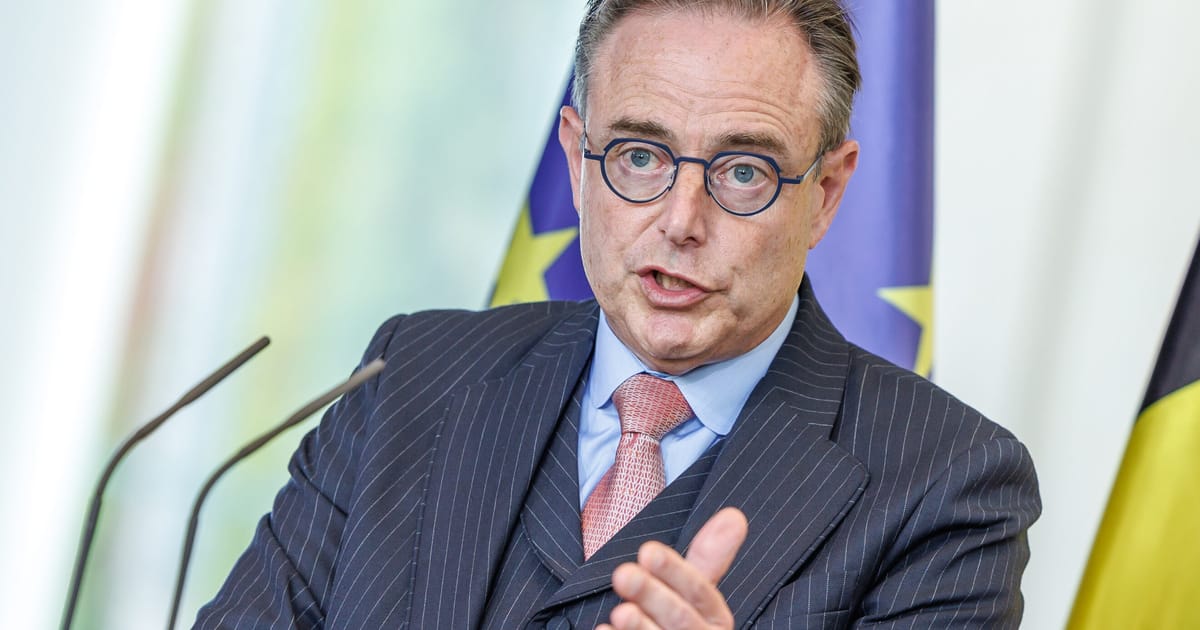The Belgian government fears it will be on the hook for any legal and financial claims filed by Russia and has been loudly calling for all EU countries to guarantee the loan, which effectively means using taxpayer money to cover any costs.
“These guarantees cannot be limited to the €170 billion in cash that the Commission proposes to mobilize,” Belgian Prime Minister Bart De Wever told EU leaders during an informal summit last week in Copenhagen, according to a statement seen by POLITICO. “The potential exposure could be much higher than the nominal amount.”
Crucially, he added a further condition that “the guarantees do not automatically end when sanctions are lifted. Arbitration procedures could still emerge years later.”
The statement — a list of talking points delivered to European leaders on Oct. 1 — details the red lines that De Wever has drawn for fellow leaders and the EU executive, who are seeking workarounds to make the plan acceptable for Belgium.
These include not supporting any measure that could be interpreted as asset confiscation; legally binding, strictly enforceable guarantees that European countries would share all current and future risks for both Euroclear and Belgium; and an agreement to immediately stump up the cash if Euroclear needs to return the assets to Russia, for example following a peace deal.
“The statement by the Belgian prime minister raised lots of difficult questions and they are still being examined,” said a senior EU diplomat, granted anonymity to talk about the contents of a confidential statement. “The guarantees must be sound at the end of the day.”
